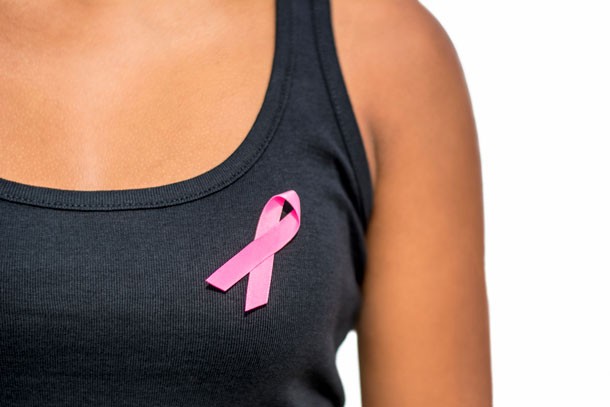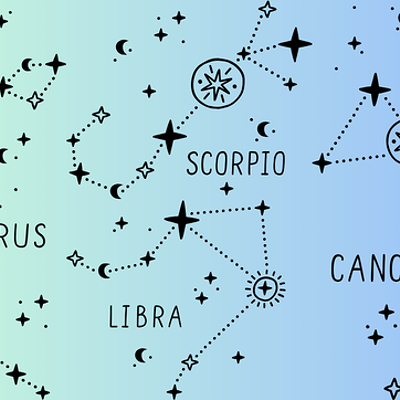A few years ago, my wife and I decided to take up golf. We weren’t sure whether we’d like the game, so we started cheap. I bought a used set of clubs from a garage sale and then cobbled her together a set from garage sales and thrift stores.
I was able to find just about everything she needed except a driver. So I went to a store and was scouring the scores of clubs on the racks when I saw a red price tag for $14 covering up a price that said $40, which covered another for $79.99. I was so excited by the bargain that I didn’t notice that the club was pink or that it had a pink ribbon on it. But while I quickly recognized that this item had been pinked-up for Breast Cancer Awareness Month, all I cared about was its price, and I bought it despite the fact that it was pink.
Pink products in America have become as commonplace as products made in Central America or China. It’s become both a symbol of life-or-death struggle and a symbol of the corporate exploitation of human emotion for profit. Of course, a portion of the proceeds goes to cancer charities, but you’re never really quite sure which one, or how the money is spent. And a lot of us will buy these products because, after all, who’s against breast-cancer research and patient services?
But in recent years, “pinkwashing” — when a corporation that promotes a pink-ribbon product also produces, manufactures and/or sells products that are linked to the disease — has become a major concern of environmentalists and health activists. The biggest target of these claims has been the well-known Susan G. Komen Foundation. Komen came under fire for defunding Planned Parenthood under pressure from conservatives in Congress, and for engaging in pinkwashing. The most famous example was accepting $100,000 from a drilling company in exchange for the right to produce and use pink drillbits; there is an established link between some ingredients in fracking fluid and cancer.
When these controversies were at their height, clear lines were drawn in the sand between pink organizations and non-pink ones. However, today, I don’t think pink is necessarily linked to the Komen Foundation. It has transcended the controversy by quite a bit and, as news editor Rebecca Addison’s excellent story on page 12 of this issue examines, even those who are fervently against pink products say that if they provide someone struggling with breast cancer some solace, how can you tell them that it’s wrong?
That brings me to the big pink elephant that you’re currently holding in your hands. For the first time, City Paper, in honor of Breast Cancer Awareness month, is being printed on pink paper. The practice is one that our new owners have done at their other papers in the past. I, and most of CP’s editorial staff, weren’t so sure about the idea. We’ve covered the controversies in the past several years, and we know that a lot of our readers are in the anti-pinkwashing camp.
But while I can’t speak for the entire staff, I want to explain why I have reached a pretty good comfort level with this issue. First, a portion of this week’s advertising revenues will be donated to the DeAngelo Williams Foundation. You can read all about Williams’ foundation elsewhere in this issue, but the money the Steelers running back raises goes to mammograms for uninsured or under-insured women in memory of his mother, Sandra Hill. It was a foundation that I chose because Williams has an interesting story to tell, and I know how the money will be spent. Next is Addison’s critical examination of the “pink” issue, including comments from those who like it, those who don’t, and those who’ve survived the disease.
And finally, we’re a free publication. We’re not asking our readers to pay for our Pink Issue, but to read it, and learn from the people we talk to about the disease. If you’re moved by their stories and if you want to help, then make a donation to the cancer charity of your choice that promotes prevention, early detection or research. Because whether you’re pro-pink or anti-pink, cancer doesn’t care; it doesn’t discriminate.



















